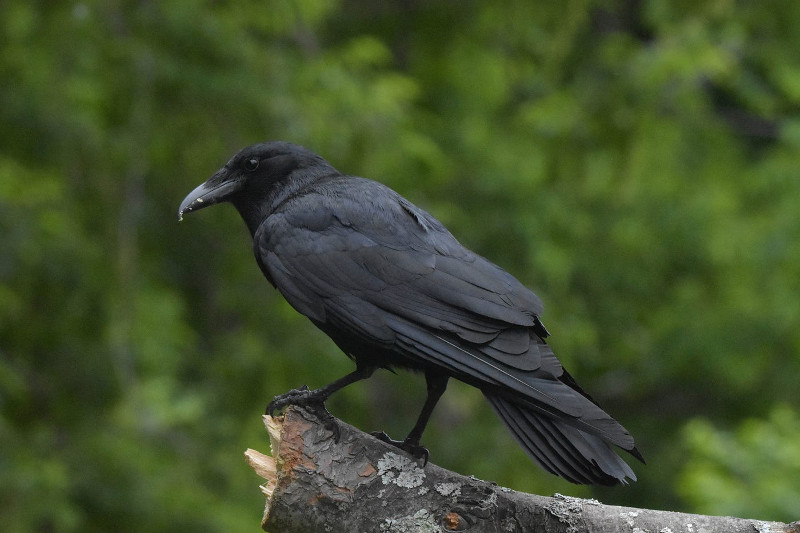Grey Bruce Public Health has received confirmation that a crow, found deceased in Grey-Bruce, has tested positive for West Nile Virus (WNV).
This is the first bird to test positive for WNV in Grey-Bruce this year. As of Aug. 2, no human cases of the mosquito-borne viral disease have been reported in Ontario or Canada in 2023.
WNV circulates between birds and some species of mosquitoes. The virus can be transmitted to humans by a mosquito bite if the mosquito has first bitten an infected bird.
GBPH sets mosquito traps monthly, from May to September, in each Grey-Bruce municipality. The traps are sent to a laboratory for species identification and viral testing. So far this year, no positive mosquito pools have been identified in Grey-Bruce.
The risk of contracting WNV from an infected mosquito is very low, but is usually highest in late summer; towards the end of the mosquito season. In 2021, only 25 human cases of WNV were reported in Ontario and 45 in Canada.
The best way to prevent WNV is to protect yourself from mosquito bites by:
- Using insect repellant containing DEET or Icaridin;
- Wearing light-coloured long pants and long sleeves, socks and a hat when outdoors;
- Reducing mosquito habitats near the home by eliminating standing water in flowerpots, eavestroughs, etc.; and
- Ensuring door and window screens fit securely and are free of holes.
Most people infected with WNV do not experience any symptoms. Others see symptoms two to 15 days after being bitten by an infected mosquito. Symptoms are usually mild and can include a fever and headache; however, serious symptoms can occur.
Anyone with concerns about a dead bird can contact the Canadian Wildlife Health Co-operative at 1-866-673-4781.












